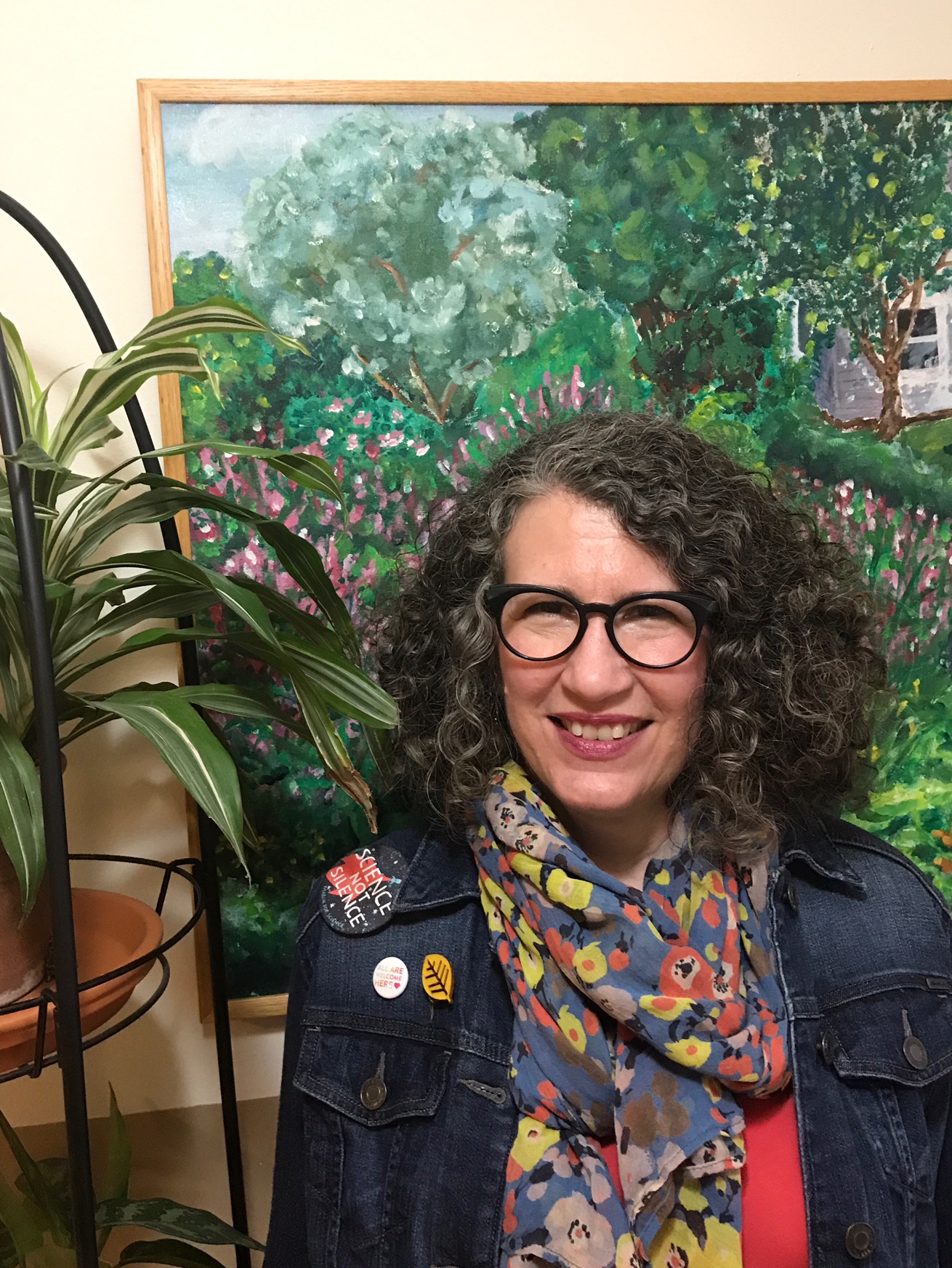Cynthia Fuller understands the challenges of disability. As the associate director of student access at the Disability Resource Center (DRC), she provides access and accommodations to students and guests at the University of Minnesota.
She’s also not afraid to speak about her personal history with mental health disabilities, which includes anxiety, depression and bipolar disorder in her family. Her experience was one of the reasons she decided to leave behind a decade-long career as a writer and editor to study counseling psychology for a master’s degree at St. Thomas University and then achieve her doctorate in educational psychology at the University of Minnesota. That move set the stage for her current job.
Fuller’s multi-faceted role at the DRCs includes providing access and accommodations to students and guests, providing referrals to students who are in need of services in classes and tackling issues of diversity with students, staff and faculty. Fuller said she works hard to ensure students with disabilities have equal opportunities for participation and leadership.
“One of the reasons I went into studying psychology is because I had my own life’s experience,” Fuller said. “If you don’t have the language for it, you can’t access the services.”
After a few years of working as a psychologist for the counseling services in Appleby Hall, Fuller accepted a management position at the DRC in 2010, a time of change regarding disabilities.
The amendment to the Americans with Disabilities Act had just been enacted and was beginning to have an impact on higher education. The amendment shifted the university’s focus to providing access and away from determining who is disabled, Fuller said, paving the way to accommodations like more flexible attendance policies for those with serious health conditions.
Although access has improved, Fuller said the university has more work to do to ensure equal opportunities for students with disabilities.
“We are not prepared, really accessible or welcoming to the diversity of students who are showing up here today,” she said.
Fuller believes change begins by looking at how the university supports its curriculum design.. Universal design refers to the rethinking of traditional classroom activities and resources to become more immediately available to a range of learning styles. However, that isn’t how many of the university’s curriculum was designed, she said.
“It was designed by able-bodied white males,” she said.
Fuller’s colleagues agree she’s always pushing to create more access for students.
“Cynthia is complex, and I meant that with the most admiration and as a compliment,” said Jennifer Engler, a close friend and colleague. “She sees complexity in others through her own complexities. She’s a very natural advocate.”
Fuller works more than 40 hours a week despite the calendar with the word BALANCE that hangs near her desk. The extra time is worth it, though, as she enjoys working with college students as they move through a period of awakening in their life.
“I’m a person who loves the journey,” Fuller said, a smile widening across her face.

